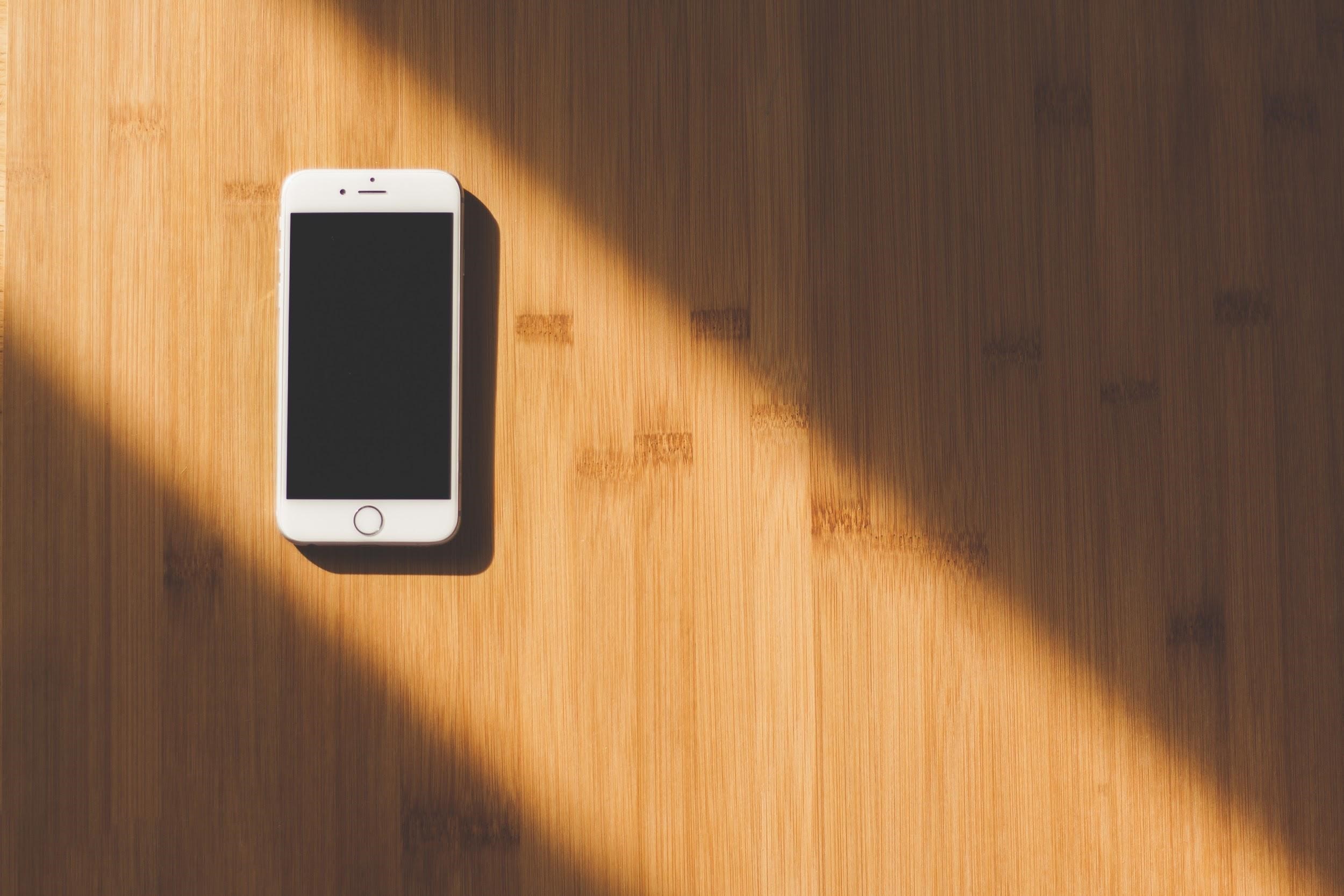

Most people these days aren’t fully aware of just how much time they spend on their phones. For the overwhelming majority, it’s the first thing they look at when they wake up and the last thing they see before they shut their eyes at night. And that’s just the tip of the iceberg.
In between those two points in time, smartphones continue to dominate everyone’s attention. A buzz in one’s pocket is enough of an excuse to cut off a real-life conversation mid-sentence. A phone call will cause an employee to halt all productivity until they’ve addressed the incoming communication. A notification from any of the other myriad of apps available is enough to completely derail a person’s ability to participate in the present.
In short, smartphones can consume their users. They constantly command their attention and monopolize their time. And the unsurprising truth is, it’s really not good for everyone’s health. If you find yourself in a similar situation, read on. In a few minutes, you may find yourself turning that phone off (even if you’re using it to read this article!) and leaving it behind in search of a few minutes of healthy, uninterrupted peace.
How Your Smartphone Can Hurt You
It’s already been established that people use their phones a lot, but it’s worth putting a number on that rather vague quantity. In 2015 alone, 10 billion gigabytes of data were downloaded onto mobile devices. Not only that, but the rate of data usage has grown since then at a rapacious rate of more than 125% per year. To put it simply, smartphones are used a lot.
With people putting so much face time in with their smartphone screens, the question is, how is that affecting their health in negative ways?
Physiological Health
Let’s start with the purely physical. As you might expect, there are quite a few ways that our cell phones affect our physical bodies. “Text neck” syndrome, for instance, is a new term that explains the neck and shoulder pain that people regularly get from spending hours looking sharply down at their phones.
“Trigger thumbs” is another new phenomenon that has to do with thumbs that become stuck in a text-oriented position and can only be straightened painfully. In addition, thumb arthritis is another natural repercussion of the constant texting hand posture.
The eyes can be another casualty of excessive phone usage, as the constant time spent looking at blue light (more on that further down) can be a strain on one’s vision. And don’t forget about those germs. Scientists at the University of Arizona reported that the average phone has a whopping 10 times the bacteria found on a toilet seat.
Mental and Emotional Health
It was already mentioned that the blue light that phones emit can strain eyes. But it can also do a number on one’s mind, too. In fact, looking at our phones before bed has been shown to negatively affect sleep patterns because of the double whammy of the blue light on our eyes as well as the mental buzz caused by things like social media and other notifications.
Smartphones also have an addictive ability to draw people away from real, physical human beings that are in the room with them in order to tend to often meaningless notifications. While subtle, the emotional toll that this misprioritization can have on everything from important relationships to one’s ability to simply socialize can be quite profound.
And all of this doesn’t even take into account the fact that things like social media and even romantic relationships, when largely maintained over smartphones, can have a severe negative impact on one’s emotional well-being, as well.
Cyber Health
Along with all of the directly dangerous physical health risks, there are other unhealthy, or at the least unsavory, elements to using our smartphones so often. For instance, the constant act of being “online” opens us up to a slew of security threats. Things like poor passwords, outdated devices, and the use of public wifi expose smartphone users to the possibility of a cybersecurity breach nearly everywhere they go.
Tips to Help You Reclaim Your Smartphone
While smartphones can be quite unhealthy when used poorly, there are several things you can do in order to reclaim control over your phone (rather than vice versa).
For starters, don’t be afraid to “set phone hours.” In other words, pick a time each morning, before which you’re not allowed to use your phone. Similarly, select a point in the evening when your phone goes on “Do not disturb” in order to steer clear of that blue light before bed.
Next, consider clearing any unnecessary apps off of your phone. Social apps that consume your time can be eliminated, as you can still tend to your social life on a computer once or twice a day instead. Once you’ve cleared away the dross, there are many health apps available that you should consider to replace your old apps. This can turn your phone from a physical, mental, and emotional pig stye into a health-promoting tool.
Finally, make sure that you set up proper security on your phone. Take the time to choose tough passwords. Make sure you also have good security software installed and get rid of your old phones and data properly. In fact, you may even want to consider literally shredding your old phone in order to keep that data out of the wrong hands.
However you choose to go about it, taking steps to disconnect from your phone is becoming a critically important part of modern life. Smart devices have an incredibly addictive power that can lead to a cascade of negative side-effects. Naturally, then, it behooves any wise smartphone user to take the necessary steps to ensure that they control their phones and not the other way around.




